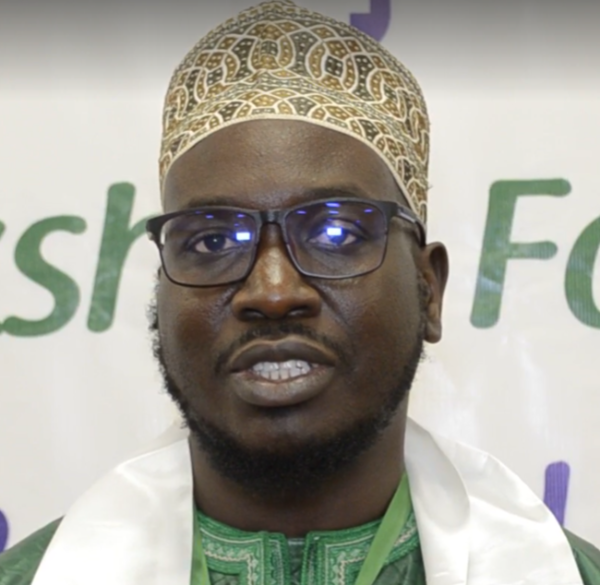FGM: Religious Leaders declaration
During the inter-regional workshop organized in Nouakchott - Mauritania, from 4 to 5 July 2022, in cooperation between the Mauritanian Association for the Promotion of the Family, the International Planned Parenthood Federation/Arab World Regional Office and the "Center of Excellence" for the Elimination of Female Genital Mutilation, Nine religious leaders (Muslims and Christians) who attended the workshop from Arab and Africa regions, issued a declaration to end FGM as a harmful practice, and declare that there are no links between this practice and any religious requirement.
This declaration would be used as an advocacy tool by partners, IPPF MAs, civil society associations, religious leaders and policy makers to eliminate and criminalize FGM in countries affected by this harmful practice.
The Declaration

"Center of Excellence for the Elimination of FGM" Inauguration, Nouakchott, Mauritania
IPPF/AWR/Mauritania MA/center of excellenceIn the event, the Mauritanian Minister of Health officially inaugurated the "Center of Excellence for the Elimination of Female Genital Mutilation" on July 6, 2022 in the Dar Al-Naim region, in the presence of a number of representatives of Mauritanian government institutions, representatives of UNFPA, UNICEF in Mauritania and civil society associations. This event witnessed wide coverage by national television and a number of other national and Arab media institutions.
The Center of Excellence for the Elimination of Female Genital Mutilation (FGM) emerges as a safe and reliable reference for women and girls who are victims or survivors of FGM on the one hand, and for IPPF member associations, especially in countries where this practice is widespread, on the other hand.
The center aims mainly to provide an ideal model to empower the IPPF member associations, especially those in countries that still practice FGM, through four main axes:
- Building the capacities of IPPF member associations, midwives, health professionals, service providers and volunteers, in the context of eliminating female genital mutilation, including educating adolescents and young people about the dangers of this practice; sharing experiences, best practices and experiences between member associations to eliminate this practice and learning from successes and ways to face challenges.
- Social and economic empowerment of FGM victims and survivors to improve their future by opening new horizons to empower and strengthen the capacities of female victims or survivors of this practice, and even female practitioners of female genital mutilation, so that these social and/or economic projects help them to abandon this practice.
- The quality of health care provided within this framework.
- Finally, advocacy based on evidence, research and evaluation ends with updating or adopting legislation and policies to end FGM.

His Eminence Sheikh Musse Fall, Senegal
IPPF/AWR/MAURITANIA MA
Religious leaders must engage alongside doctors, alongside socio, socio-cultural arguments, through the various means available, namely Friday sermons, religious talks, but also through interventions in social networks. This, in order to eradicate female genital mutilation and to ensure that the population receives the right message specially: Islam does not encourage female genital mutilation, th ...














